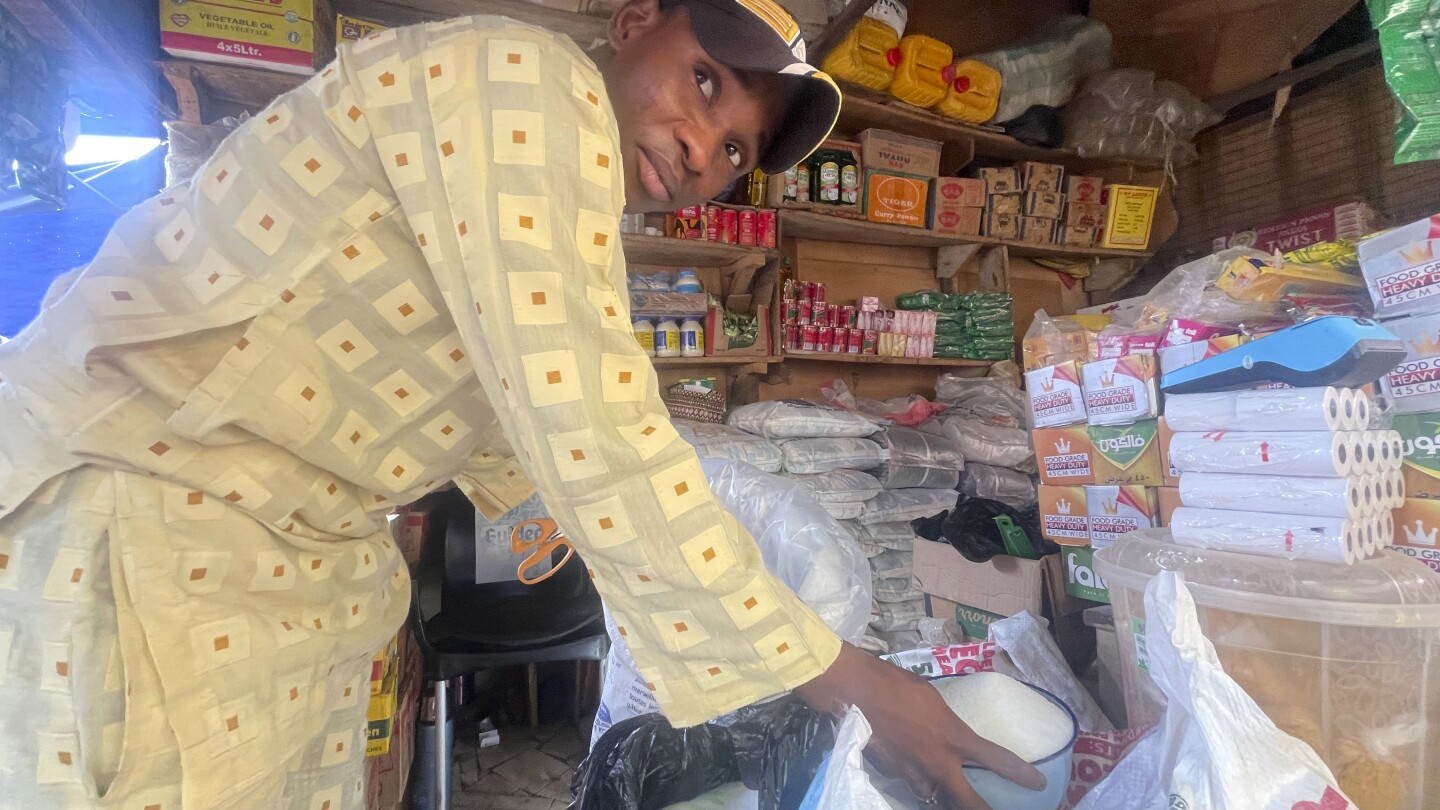- cross-posted to:
- [email protected]
- cross-posted to:
- [email protected]
Skyrocketing sugar prices left Ishaq Abdulraheem with few choices. Increasing the cost of bread would mean declining sales, so the Nigerian baker decided to cut his production by half.
For scores of other bakers struggling to stay afloat while enduring higher costs for fuel and flour, the stratospheric sugar prices proved to be the last straw, and they closed for good.
Sugar is needed to make bread, which is a staple for Nigeria’s 210 million people, and for many who are struggling to put food on the table, it offers a cheap source of calories. Surging sugar prices — an increase of 55% in two months — means fewer bakers and less bread.
“It is a very serious situation,” Abdulraheem said.
Sugar worldwide is trading at the highest prices since 2011, mainly due to lower global supplies after unusually dry weather damaged harvests in India and Thailand, the world’s second- and third-largest exporters.
This is just the latest hit for developing nations already coping with shortages in staples like rice and bans on food trade that have added to food inflation. All of it contributes to food insecurity because of the combined effects of the naturally occurring climate phenomenon El Nino, the war in Ukraine and weaker currencies. Wealthier Western nations can absorb the higher costs, but poorer nations are struggling.


